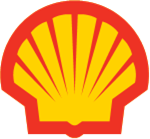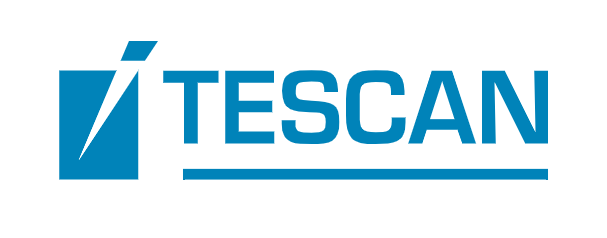Speaker
Description
Fluid-solid reactions in rough fractures govern many biogeochemical reactions that are relevant to various subsurface processes and applications, and fluid flow often exerts a dominant control over fluid-solid reactions. In particular, recirculating flows in rough fractures have been shown to induce anomalous transport, characterized as the nonlinear scaling of the second spatial moment of particles in time. Recirculating flows readily occur in fracture flows by the interplay between fluid inertia and rough walls, and the interplay between recirculating flows and molecular diffusion determine the trapping effects of recirculating flows. However, the effects of fluid inertia and molecular diffusion on reactive transport with fluid-solid reactions have not been comprehensively studied.
In this study, we investigate the effects of fluid inertia and solute diffusion on solute transport with fluid-solid reactions and propose an upscaled reactive transport model that effectively captures reactive transport. We simulate reactive transport with fluid-solid bimolecular reactions, A + Solid → C, with a Lagrangian-based transport-reaction model. We assume an instantaneous irreversible reaction, where C particles are immediately generated when A particles collide with fracture surfaces. We explore a wide range of Reynolds (Re) and Peclet (Pe) numbers, and recirculating flows are shown to govern reactive transport by increasing the residence time of C particles through trapping effects and also facilitate the reaction by increasing the residence time of A particles near fracture walls. Recirculating flows also induce a preferential flow path that leads to enhanced spreading, which in turn affects fluid-solid reactions. Based on the improved understanding, we upscale reactive transport with velocity-dependent effective reaction rates. We compare upscaled models with velocity-dependent and velocity-independent reaction models and show that the velocity-dependent reaction model improves the predictability of the upscaled model.
| Time Block Preference | Time Block C (18:00-21:00 CET) |
|---|---|
| Student Poster Award | Yes, I would like to enter this submission into the student poster award |
| Acceptance of Terms and Conditions | Click here to agree |






